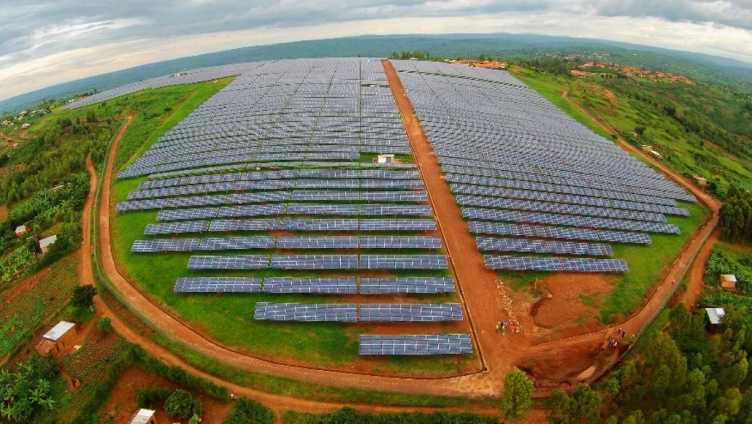E4D Fellow: Churchill Agutu
Moving beyond electrification: Opportunities and challenges for provision of electricity-based energy services by including electric appliances in off-grid energy access in Rwanda

Project duration: 2019 - 2022
Supervisor at ETH Zurich:
Prof. Dr. Tobias Schmidt (Energy Politics Group)
Collaborators:
Dr. Nathan Williams, Kigali Collaborative Research Centre, Kigali, Rwanda
Partner institutions:
external page Kigali Collaborative Research Centre, Kigali, Rwanda
Project description

What are we doing?
In line with of the Engineering for Development (E4D) Programme’s objective to "promote research and education for the benefit of underprivileged people in low-income countries", this research project intends to understand how energy service poverty in rural and remote regions in Rwanda can be tackled, through provision of reliable and affordable "electricity-based" energy services.
Energy Service Poverty is the deprivation of energy supplies and services required to support human socio-economic development. Efforts to address energy service poverty in developing countries and most literature on (off-grid) electrification have primarily focused on providing electricity access. While the United Nations has set a target to "ensure universal access to affordable, reliable and modern energy services" by 2030 under SDG 7, it quantifies the indicator for this target as the "proportion of population with access to electricity" and not the electricity-enabled services.However, poverty is not alleviated by electricity access alone but by the access to services that are enabled by new electricity-based applications and services such as ICT, lighting, or cooling.
The research project addresses one of the major challenges faced in providing access to energy services through mini-grids (MGs) and Solar Stand-alone-Systems (SAS) in rural and remote areas: promotion of productive use and income-generating opportunities for the end-user. Addressees of our research are national and local policy makers in Rwanda as well as other low-income countries aiming at off-grid electrification, international organizations and initiatives (such as the United Nations’ Sustainable Energy for All initiative), as well as other energy access researchers.
Why are we doing it?
Rwanda has set ambitious goals towards achieving universal electrification in the coming years of which off-grid electrification is a major component of their policies and electrification strategies. This makes it a conducive environment for research into policies that can drive uptake of energy services in order to tackle energy service poverty.
How are we doing it?
We have identified three challenges that we intend to address through our research, these include:
- The limitations associated with use of MGs for energy service provision (through inclusion of electric appliances). While the SHS sector is experiencing a trend to include electric appliances as part of their energy service offerings and SAS are designed around an application in the first place, mini-grids typically focus on the provision of electricity and not on services (i.e., appliances are typically not included). This demand uncertainty can result in operational and financial issues for MG operators and investors and jeopardizes reaching SDG 7. The first phase of the project aims to understand the extent to which the inclusion of appliances in MGs can reduce the risk of demand miss projection and address the end-user credit issue.
- The barriers associated with financing of MGs that incorporate electric appliances. For off-grid electrification to facilitate access to electricity-based energy services, a large amount of commercial debt financing is required. The incorporation of electric appliances into MGs as part of the energy service offerings brings with it new risks and opportunities for investors and policy makers. Seeing, as this is a new perspective into energy service access, there are unforeseen risks, which may also influence their deployment, we intend to understand these risks.
- The lack of knowledge regarding the actual competitiveness between the two alternative off-grid solutions; MGs and SASs that incorporate electricity-based energy services. The third phase aims to develop a fair comparison of MG and SAS-based systems.
It is our intent to use this research to inform (national and international) electrification policy, by bringing electricity-based energy services to the heart of the analysis on "energy access".